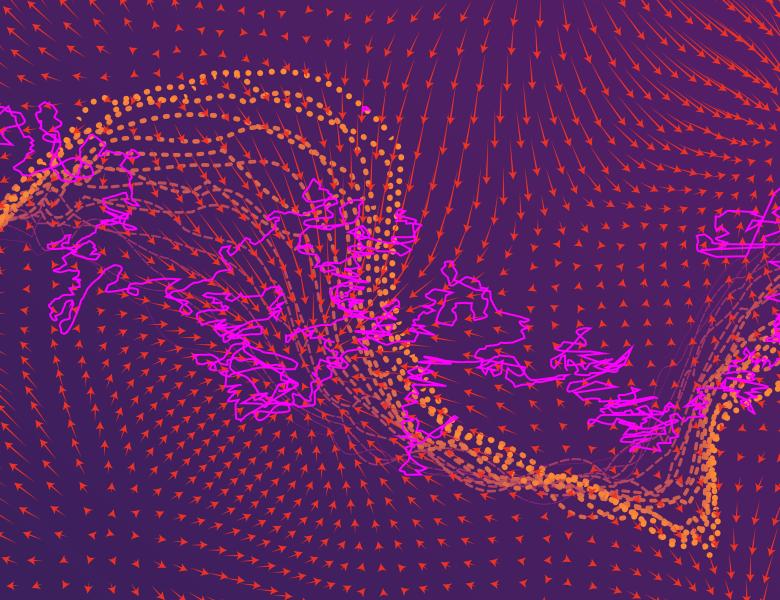
Abstract
We provide analysis for the accuracy of the ensemble Kalman filter for problems where the filtering distribution is non-Gaussian, but can be characterized as close to Gaussian after appropriate lifting to the joint space of state and data. The ensemble Kalman filter is widely used in applications because, for high dimensional filtering problems, it has a robustness that is not shared for example by the particle filter; in particular it does not suffer from weight collapse. However, there is no theory which quantifies its accuracy, as an approximation of the true filtering distribution, except in the Gaussian setting. We use the mean-field description to address this issue. Our results rely on stability estimates that can be obtained by rewriting the mean field ensemble Kalman filter in terms of maps on probability measures, and then introducing a weighted total variation metric in which these maps are locally Lipschitz.


